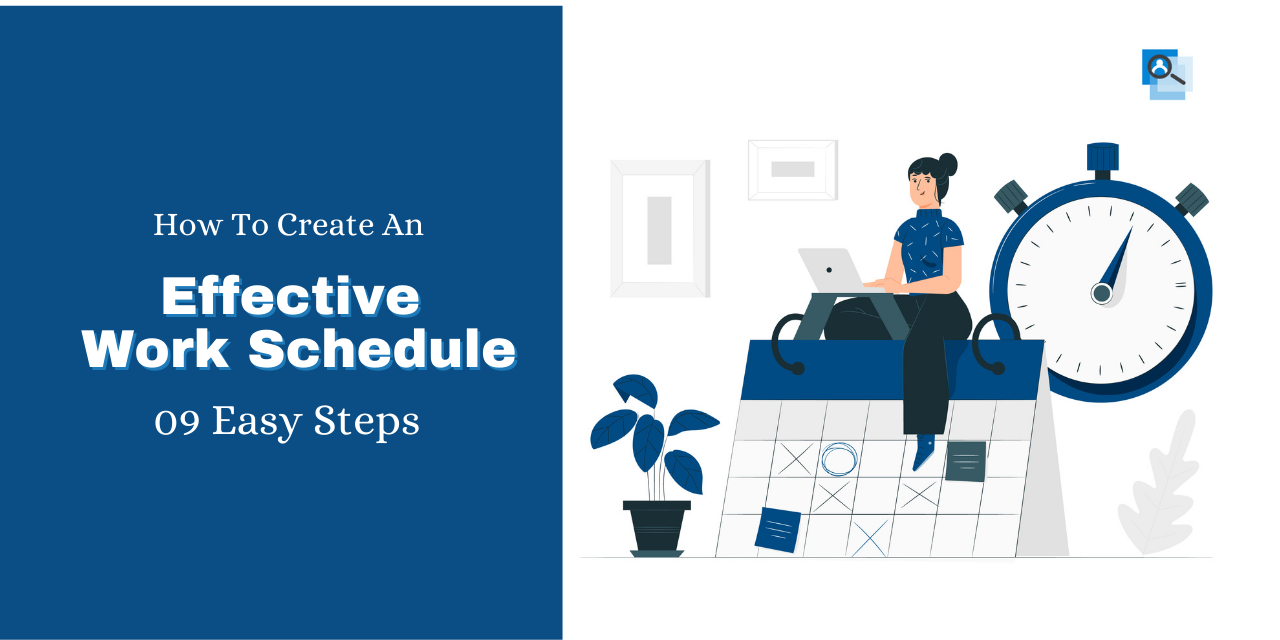The Benefits of Aligning Work Schedules with Personal Productivity Peaks
Meeting deadlines can usually feel like a battle against time. With
the entire world going at a breakneck velocity, controlling your time
effectively has never been more critical. One of the very essential
instruments in that desire is just a well-planned work schedule.
But why are function schedules therefore vital for conference
deadlines? That article considers the numerous great things about
effective work schedule and presents practical insights to optimize your
workflow.
The Significance of Framework
A work schedule
functions as a roadmap for your day, guiding you on how to allocate your
own time efficiently. It provides an obvious design, ensuring that you
attend to all or any jobs without neglecting any. Whenever your time is
mapped out, you're less inclined to spend time finding out what
direction to go next.
Schedules assist you to break down greater
projects in to workable chunks. That makes overwhelming responsibilities
look less overwhelming and more achievable. Knowing just what must be
performed and when decreases tension and increases productivity.

Improving Focus and Output
Deadlines often come with a feeling of urgency, which can lead to a busy and unproductive function environment. A well-structured schedule helps maintain target by assigning certain instances for every single task. This decreases disturbances and lets you focus fully on the task at hand.
Additionally, the practice of time-blocking—designating unique time slots for specific activities—may substantially increase productivity. It ensures that each and every job gets the correct level of interest, reducing the likelihood of errors and rework.
Prioritizing Responsibilities Effortlessly
Not all projects take the same fat, and understanding this is crucial for conference deadlines. A work schedule assists prioritize tasks centered on the value and urgency. By concentrating first on high-priority jobs, you ensure that critical the different parts of your project are done on time.
Prioritization also aids in effective resource allocation. By understanding which responsibilities require immediate interest, you are able to better distribute your time, energy, and resources, ensuring that nothing critical slips through the cracks.
Reducing Tension and Burnout
The force of looming deadlines can be a substantial supply of stress, ultimately causing burnout if not managed properly. A well-thought-out work schedule can minimize this tension by giving an obvious strategy of action. It reduces the guesswork and regular decision-making that usually leads to intellectual fatigue.
With a routine, you can also incorporate pauses and periods of sleep, which are crucial for maintaining intellectual and physical health. Planned downtime can help you charge, ensuring experienced production over lengthier periods.
Facilitating Team Relationship
In a group setting, function schedules are especially crucial. They give a single schedule, ensuring that group customers are for a passing fancy page. That synchronicity increases collaboration, as everyone understands their specific roles and deadlines.
Distinct schedules also reduce the chances of miscommunication and overlap, where numerous staff members might unknowingly work for a passing fancy task. This understanding promotes an even more logical and successful working environment.

Improving Accountability
Having a set routine improves personal accountability. When responsibilities are time-bound, there's a better sense of responsibility to perform them within the stipulated time frame. That accountability is a must for both specific and staff performance.
Schedules can be shared with supervisors or peers, introducing an extra layer of accountability. Knowing that the others are conscious of one's schedule may serve as an extra motivation to adhere to your plan.
Realization
In the fast-paced earth of nowadays, conference deadlines is frequently a herculean task. But, with a well-structured work schedule , that challenge becomes now more manageable. By providing design, enhancing emphasis, prioritizing responsibilities, lowering tension, facilitating relationship, and enhancing accountability, effective arrangement is an essential instrument for anyone looking to perfect deadline management.
Comments
Post a Comment